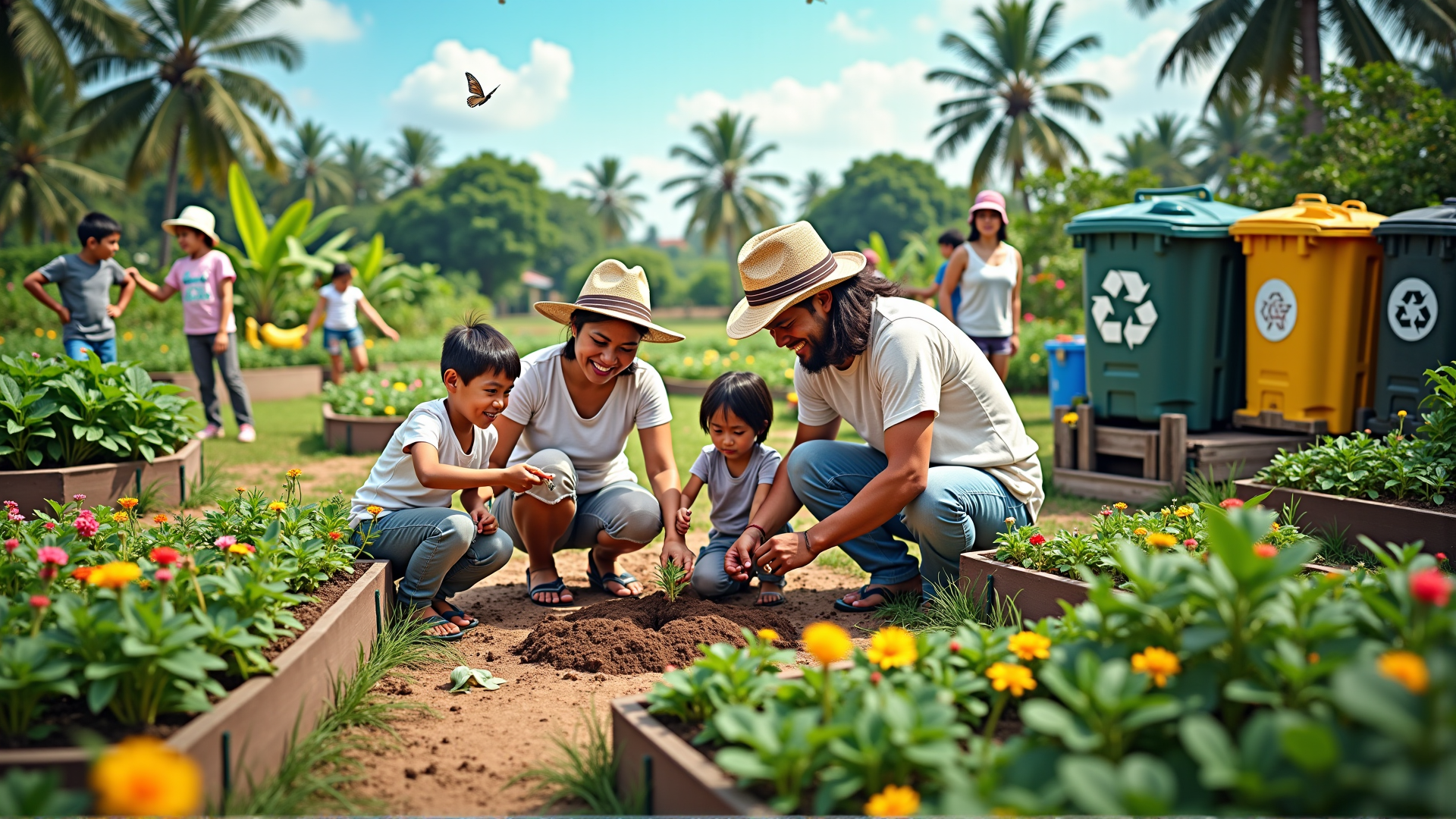In recent years, the pressing need for environmental conservation has gained significant attention, motivating communities worldwide to band together and make a difference through collective action. This has birthed numerous community green projects aimed at fostering sustainable living and enhancing ecological consciousness among individuals.
Collaborative green initiatives often start at the grassroots level, driven by passionate individuals who recognize the potential positive impact they can have on their surroundings. Whether it's a community garden, a neighborhood recycling program, or a series of educational workshops, these projects are powerful platforms for fostering a sense of unity and shared responsibility in contributing to environmental well-being.
A prominent example of such efforts is the establishment of community gardens, which serve as both a local food source and a communal space. These gardens not only provide fresh produce but also encourage resource sharing and the exchange of gardening techniques. Participants can learn sustainable farming methods, from composting to water conservation, equipping them with the tools needed to continue eco-friendly practices within their personal lives.
Waste management is another area where community-driven efforts shine brightly. Organizing regular cleanup events or maintaining local recycling drives can significantly reduce waste in public spaces. Such initiatives often educate participants on the importance of reducing consumption and properly sorting recyclables, instilling a culture of responsibility towards waste management.
Moreover, educational pursuits play a critical role in advancing eco-friendly living. Workshops, seminars, and informational campaigns help demystify sustainability, making it accessible to all age groups. Schools, libraries, and local organizations frequently host eco-focused events, encouraging attendees to adopt simple yet impactful changes, like reducing plastic usage or conserving energy.
These projects thrive on collaboration and inclusivity, welcoming people of all walks of life to contribute and participate. By involving diverse community members in green initiatives, a broad spectrum of ideas and experiences enriches these projects, ensuring their long-term success and adaptability. This collective participation not only enhances environmental awareness but also strengthens community bonds, as individuals come together under a common purpose.
The ripple effect of such initiatives extends far beyond immediate results. As awareness grows, it inspires neighboring communities and regions to consider their impact on the environment, leading to a broader movement towards sustainable living practices. Ultimately, the essence of community green projects lies in their ability to empower individuals with knowledge and unite them through a shared vision of a healthier planet.
In conclusion, empowering communities through collaborative green projects is a vital step towards sustainable living and greater ecological awareness. By coming together in these endeavors, individuals can forge strong connections, cultivate environmental stewardship, and inspire meaningful change beyond their immediate surroundings, creating a lasting legacy of sustainability for future generations.
